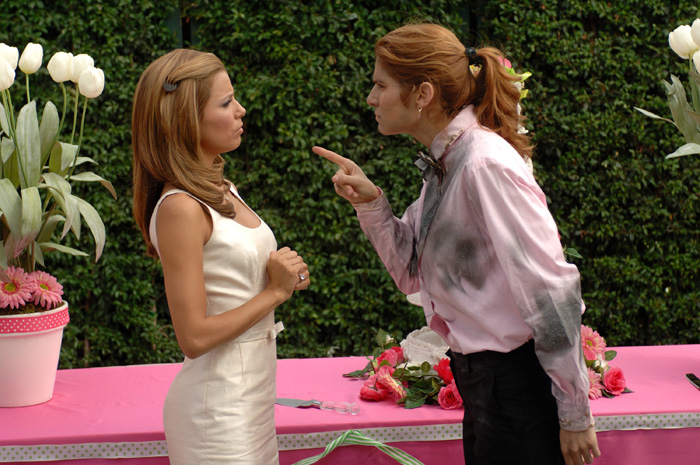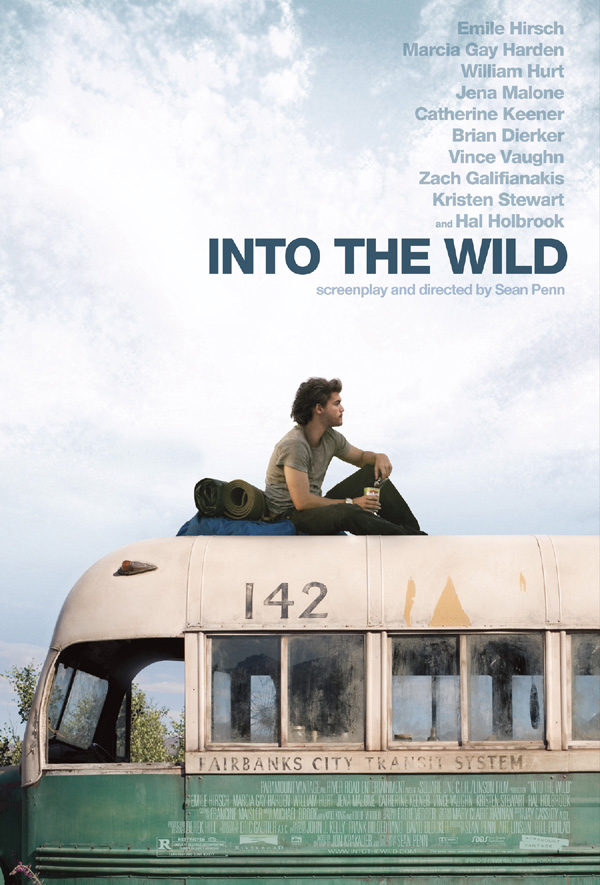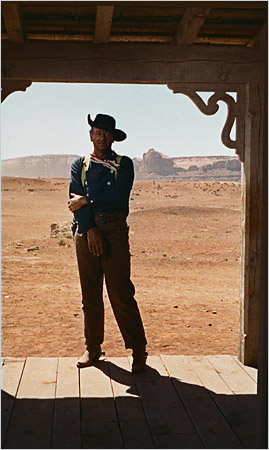This farm team follow-up to “Daddy Day Care” puts Cuba Gooding, Jr. and Paul Raye as Charlie and Phil, the parts originated by Eddie Murphy and Jeff Garlin. Note that the ads proclaim this is “from the studio” that gave us the first one. Even the writer, director, and stars of the original wanted to get as far away from this one as they could. So should audiences.
The day care center Charlie and Phil began in the first film is flourishing and their sons are now seven and want to go to camp. So, Charlie buys broken-down Camp Driftwood, the camp he went to as a kid. And of course everything goes very, very wrong. Much of it involving things that smell very, very bad. And then comes the big inter-camp competition with the rich meanies over at Camp Canola. We know they have to be evil because they have valet parking, because the owner is a bully who says he hates children, and because it is named after cooking oil.
If this was a live performance, the people in the front row of the audience would have to bring a plastic sheet, like the audience for watermelon-smashing comedian Gallagher. A lot of wet stuff flies toward the screen and there are many, many intended-to-be-hilarious gags (in both senses of the word) about things that smell bad. There are jokes about getting lost in the woods, barfing, exploding backed-up toilets, skunk odor, bees, poison ivy, burping, and more barfing. This is the part that is supposed to be funny. Not so much.
Charlie (father of what is apparently the only black family in town) has to struggle with feeling that he never got the approval of his own father, a tough military man named Buck (Richard Gant) and wanting the approval of his son Ben (Spencir Bridges). When the camp’s buildings, programs, and balance sheet begin to fall apart, Charlie has to call in reinforcements — Buck. This is the part that is supposed to be heart-warming. Not so much.
We are also supposed to care that the arrogant bully who runs Camp Canola was once responsible for Charlie’s humiliating defeat in the inter-camp Olympiad. So, even though Charlie is all about nurturing and against competition, he gets caught up in the honor of the thing and decides that for his self-esteem he needs to have his campers win this year. So it turns that that a combination of Buck’s leadership and Charlie’s supportiveness is the right answer. This is the part that is supposed to be interesting. Not so much.
A character describes camp as “all those snakes, spiders, and wedgies,” and that’s pretty much the entire movie. While neither Charlie nor Phil seems to notice this, there are some children at the camp, and Smurf-style, each is allotted one characteristic. One is a redneck with a mullet. One is a videogame freak who develops a crush on a girl and can only think to ask her if she likes “World of Warcraft.” One has a barfing problem and one has a bed-wetting problem. Each is tediously trotted out one at a time like Hansel and Gretel on a barometer to perform his or her little function (nerd! redneck! hyper-articulate! precocious about sex! secret shame!). The not-so-secret shame is what attaches to everyone involved with this cynical, pandering piece of claptrap, as unwelcome as a raging case of poison ivy.
Parents should know that this movie is filled with gross-out humor involving bodily fluids and functions. Characters use some strong language for a PG, including “crap.” There is some comic peril and some fighting, including getting hit in the crotch. Parents may be concerned by some of the values apparently endorsed by the movie, including the idea that the way to respond to cheating is to cheat better. Charlie also lies to his wife and puts the family’s home at risk.
Families who see this movie should talk about the different parenting styles of Charlie and Buck. Why was winning so important to the Canola campers?
Families who enjoy this film will also enjoy Camp Nowhere and Meatballs
and Meatballs .
.
, where just as a widower is celebrating his new marriage, the ghost of his ex-wife appears to stir things up. Everything that one did right, this one did wrong, however. That one had wit and charm and a storyline that was supple and surprising. This one: none of the above.


 This is my third year as one of the nominators for Beliefnet’s
This is my third year as one of the nominators for Beliefnet’s  But why limit the list to recent films? Classics like
But why limit the list to recent films? Classics like